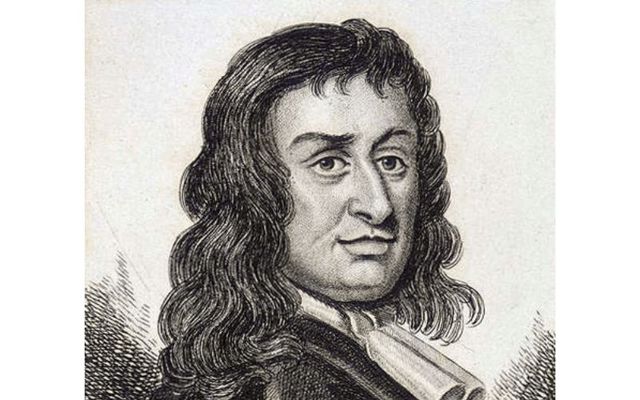In the annals of daring escapades, there's one that shines as bright as the Crown Jewels themselves: the audacious heist orchestrated by the intrepid Irishman, Colonel Thomas Blood, the Irishman who stole the Crown Jewels from the Tower of London.
Picture this: it's May 9, 1671, the sun is high, and London's bustling streets serve as the backdrop for one of history's boldest attempts at thievery.
Born in the verdant lands of Meath, Thomas Blood was no stranger to adventure. With a dash of audacity and a sprinkle of charm, he concocted a plan that would go down in infamy. In broad daylight, under the very noses of astonished onlookers, Blood set his sights on the glittering treasures housed in the Tower of London.
With nerves of steel and a heart brimming with mischief, Blood waltzed into the Tower, weaving through the corridors as if he owned the place. In a move worthy of a swashbuckling tale, he managed to sweet-talk his way into the inner sanctum where the Crown Jewels lay ensconced, gleaming temptingly under the watchful gaze of guards.
However, Blood was no ordinary thief. He didn't resort to skulking in the shadows or employing elaborate gadgets. Oh no, he opted for a more direct approach. With a swift hand and a devilish grin, he snatched the jewels, their brilliance no match for his sheer audacity.
Alas, as fate would have it, his luck ran out, and he was apprehended before he could make his grand escape. Yet, instead of facing the gallows, Blood found himself in an unexpected turn of events. King Charles II, perhaps amused by the sheer audacity of the Irish rogue, decided to spare his life.
In a twist worthy of a Shakespearean comedy, Blood was not only pardoned but rewarded handsomely with a substantial annuity. It seemed that even kings couldn't resist the allure of a true adventurer's spirit.
And so, Colonel Thomas Blood etched his name in history, a rogue whose daring escapade became the stuff of legend. Though he may have failed to abscond with the Crown Jewels, his tale lives on as a testament to the power of audacity and the allure of a well-executed caper.




Comments